The layout of our book implies there is a beginning, middle, and end to a writing course, but because writing is both an art and a skill, people will find their own processes for learning, improving, and using these skills. Writing processes differ because we are each looking for a workable schemata that fits our way of thinking. Try out a variety of writing processes and strategies, and find what works for you. If you are not uncomfortable on this journey, you simply are not stretching yet.
A quick glance through the book will show you that it deftly covers the basics, which are always important to review as you get ready to build onto your scaffolding. Reminders of terminology that form the foundation of a discipline—as well as explanations, descriptions, and examples of their use in a basic education—are in chapters such as “Critical Reading,” “Writing Basics: What Makes a Good Sentence,” “The Writing Process,” “Punctuation,” and “Working with Words.” These are, of course, fundamentals that you have worked with throughout your education, learning in each course skills and habits that elevate your reading, writing, and thinking abilities. This college writing course will ensure that you take another step up to college and professional writing.
This text is different in its emphasis on research skills and research writing. The form you will learn, the building blocks of that form, the formality, and the sacrosanct crediting of sources is explained here from English professors and our instructional librarian at the college. Leaning on questions that lead to searches for answers that lead to arguments that present your understanding, the chapters “Critical Reading,” “Rhetorical Modes,” and “Argument” will fill out your growing appreciation of and comfort with the research form in everyday life. From the discussion of source types to guidance through the research process to the models of essay deconstruction, you will find that the expectations and language of this text begin with the college-level student in mind.
Working through this text will elevate you into the next stage of writing for a 21st century student and professional.
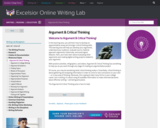
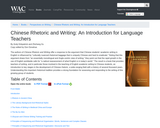
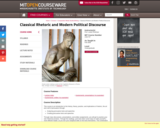
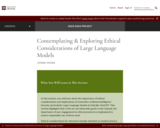
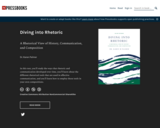
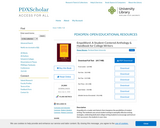

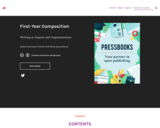

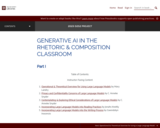
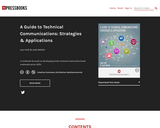

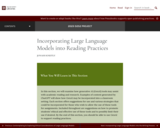
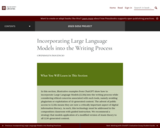
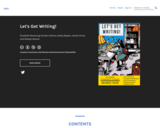
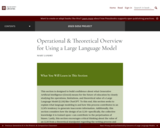
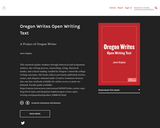
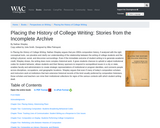
![Pre-Writing an Analysis [Lesson]](https://img.oercommons.org/160x134/thecb-production/media/screenshots/c332c24fa05beab81f6136ed1019eaa9da4d57b8e8c4018b4e4d6cb15c2e4810.png)